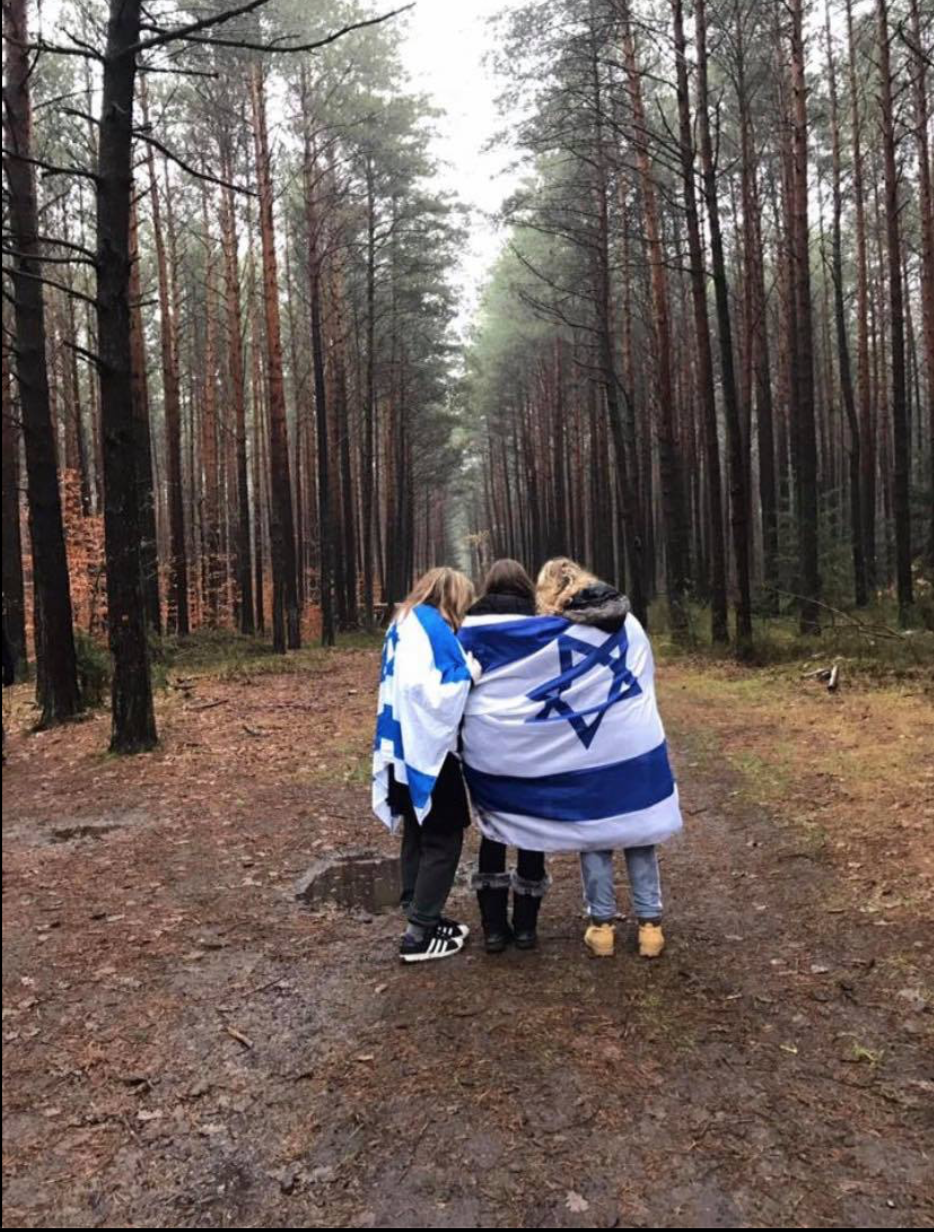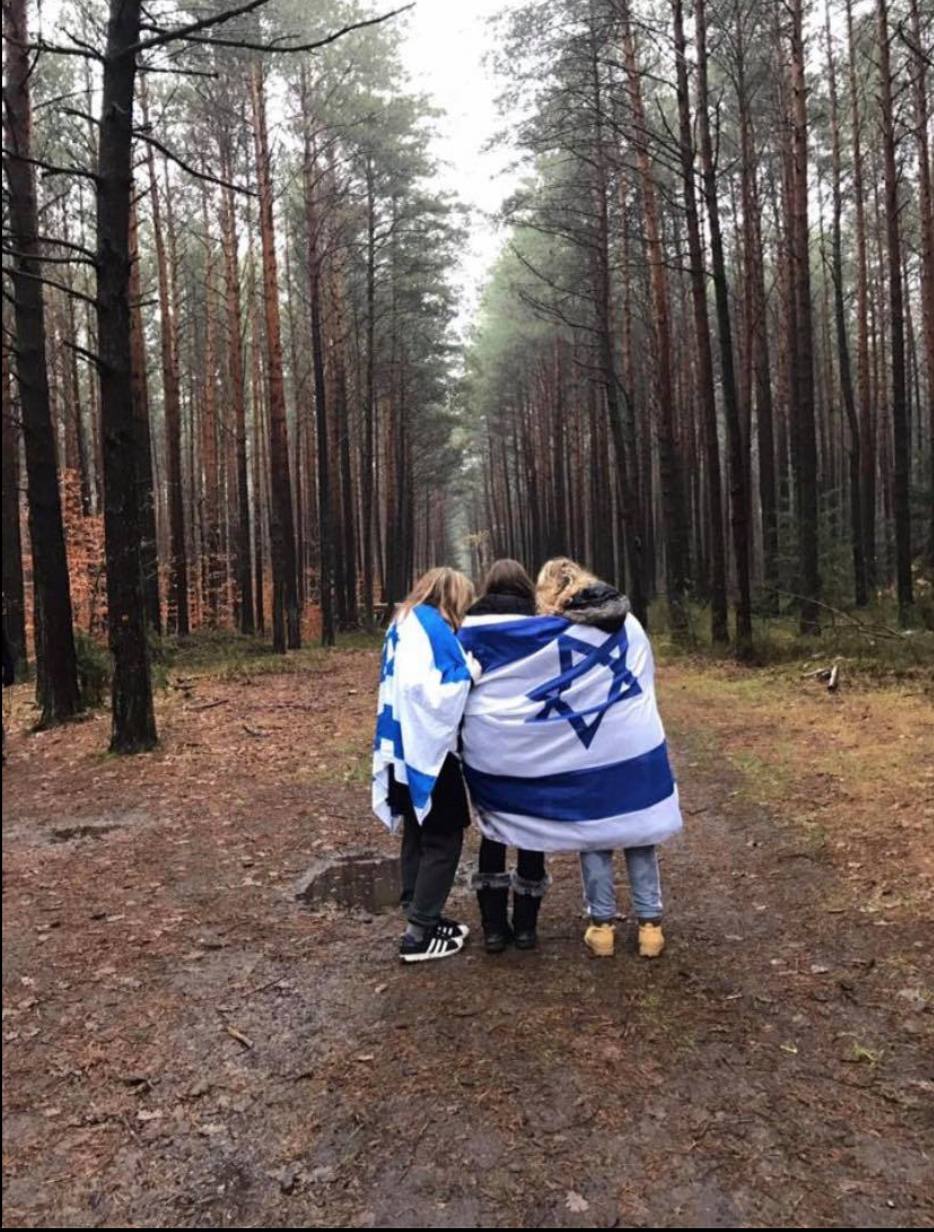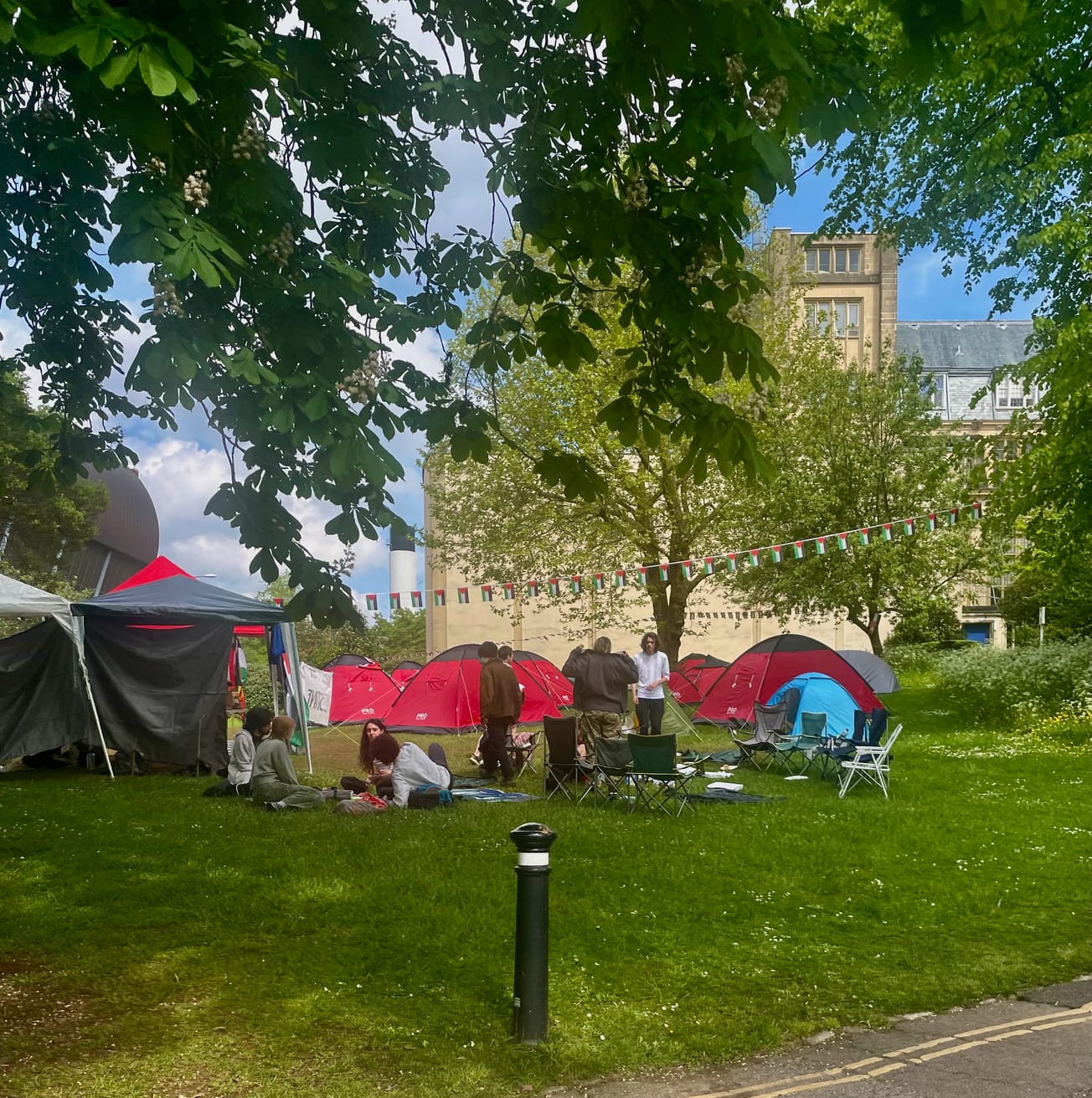By, Anna Webb, 1st year, Anthropology
The Holocaust, one of the biggest atrocities in human history, is something that pretty much every student in the western world will learn about. And it’s easy to understand why, the death toll is still uncertain, but is estimated to be between 10 and 17 million, with about 6 million of the victims being Jewish.
However, nowadays, with the countless movies, books and school assemblies, people can feel that the Holocaust is a little overplayed. It was almost ninety years ago, and almost all of the survivors have died. So why is it so important that we take the time to remember this event every year?
We have to remember the Holocaust because Jewish people, gay people, ethnic and religious minorities don’t have a choice whether they remember.
There are lots of answers to that question, but perhaps the biggest one is that we, as human beings, are trying desperately to pretend that we aren’t exactly the same as the people who allowed this to happen in the first place.
The argument that is most often used is that we remember so that we never let it happen again, but the truth is, it’s a little late for that. The Holocaust wasn’t the first genocide that we have committed and it hasn’t been the last. Since the end of World War II, there have been at least fifteen documented genocides, all with more than tens of thousands of lives lost. Three of these genocides are ongoing. They are happening right now.
With #HolocaustMemorialDay just around the corner, plz join us to #StandTogether with these remarkable survivors who took part in our last year's campaign for #GenocidePreventionDay. A big thank you to Ruth Barnett MBE (Holocaust), Sabit Jakupovic (Bosnia) & Amouna Adam (Darfur). pic.twitter.com/ZTUtOYgbJ6
— Ishami Foundation (@FoundIshami) January 26, 2020
We remember because we’re European, and it happened on our doorstep, and while it happened, we looked away. When people came running, desperate for shelter, sometimes we took them in but all too often we didn’t.
We should also remember because, whether we want to admit it or not, we are not a Jewish friendly society. Jewish cemeteries across Europe are reporting increasing numbers of hateful vandalism and its common practice for synagogues in the U.K. to use small, hard to find back doors as entrances because they’re scared of vandalism and violence.

My grandmother was born in Prussia, to a Jewish family. She was only little when an SS guard came to her door in the night and warned her mother that they should leave, soon. So, they ran. They were some of the last Jews allowed into our country before we stopped taking in refugees, and they were only allowed because her father, who had previously been a law professor, agreed to become a priest.
They arrived, first as a family but as soon as war broke out her father was taken to an internment camp to be ‘questioned’ for over a year. While he was gone, my grandmother, her mother and siblings were consigned to a London ghetto. After her father was released, they were allowed to move to Manchester where her father worked as a priest in a small church. She grew up, became a doctor, which for a woman in the fifties was no mean feat, and spent her career working across Africa helping people get the healthcare they deserved. She was a bold and determined woman, but those experiences of her childhood changed her in a way she could never leave behind. They shaped my mother too, and myself.
If you participated on the #LessonsfromAuschwitz project then please apply to become a Regional Ambassador for @HolocaustUK! Become part of a charity that does fantastic work and offers once in a lifetime opportunities... Apply here: https://t.co/FkfqbBKMQZ by the 4th Feb! pic.twitter.com/TlgVvOnAkp
— Rosie⚘ (@rosie_xvi) January 31, 2020
Being Jewish is an inherited trait for many, its one I’ve struggled to decide whether or not I have. But just like it was for my grandmother, I’ve realised that in a way I don’t have a choice. I realised when, after I mentioned the Jewish part of my family to people at my secondary school, less than a week later, a boy in my art class thought it would be funny to stamp a swastika on my hand. Or when my drama teacher assumed that I would be perfect to play Anne Frank. They gave me that label, and while I could decide to never mention that part of myself again, to do that would not only seem like lying, but also inherently wrong, because so much of my family didn’t get that choice, and for some of them, it cost them their lives.
We have to remember the Holocaust because Jewish people, gay people, ethnic and religious minorities don’t have a choice whether they remember. They have to remember because so many people believe it didn’t happen, or worse, believe that it was a good thing. We have to remember, not because it’ll stop it happening again, we humans are too cruel a people for that, but because we should at least be ashamed. We should remember as an apology to the people that we hurt and to the ones we will continue to.
How did you commemorate Holocaust memorial day?









